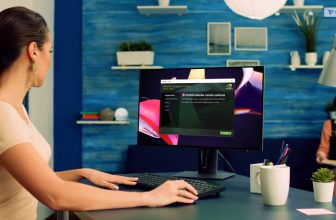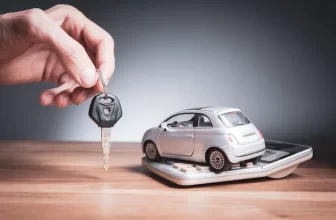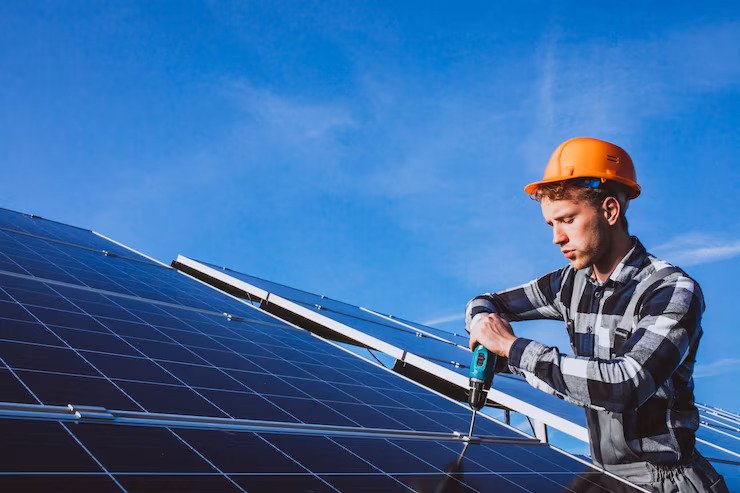
Installing solar panels in your home benefits the environment and also your wallet! However, finding the right solar panel installer for the job is challenging.
There are plenty of things to consider. How much will the installation cost? Is the installer certified and reputable? But the most critical question is, does your installer have a track record of customer service?
Sounds challenging. Fortunately, we’ve created a handy guide to help you narrow down the search for the right solar panel installer for you.
Here Are Nine Important Questions To Ask Your Solar Panel Installer
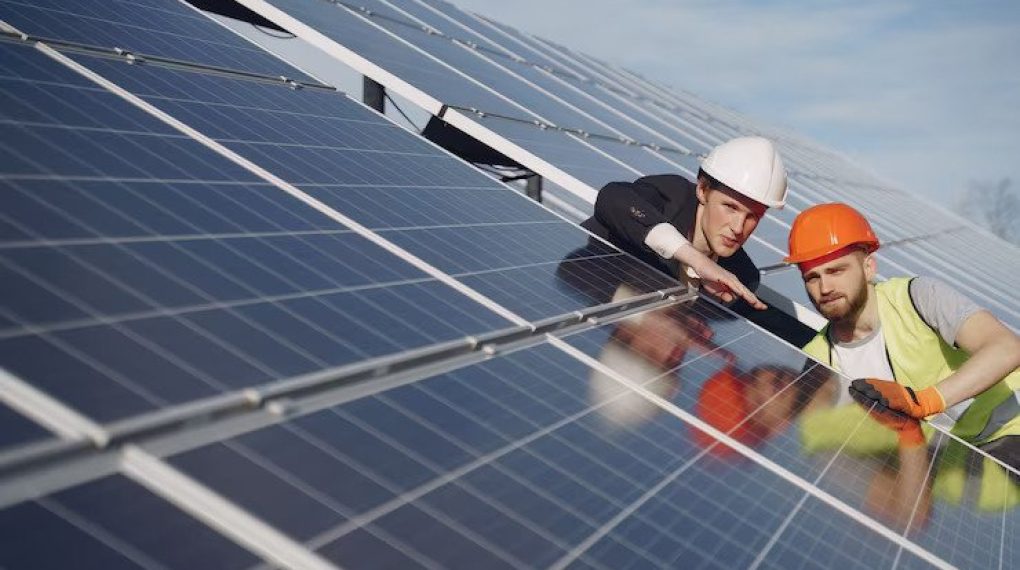
Keep reading to learn what to ask your potential solar panel installer!
1. What is the Total Cost of Your Solar Panel Setup?
The total cost of your solar panel setup will depend on the type of solar system you choose, the size of the system, any extra accessories you install, and other factors. The major components of a solar system include solar panels, mounting hardware, a combiner box, charge controllers, and inverters.
Generally, the larger the system, the more it costs. On top of the initial installation cost, you may have extra costs like maintenance, batteries, and installation labor. Adding the expenses of all these parts together should give you an estimate of your total solar system cost.
2. Do Your Installers Have Proper Credentials?
Ensuring your Long Island solar company of choice (or wherever you are) has proper credentials is essential to the quality of service they can provide. Verify an installer’s certifications, training records, and relevant professional qualifications.
Many certifications have end dates. It is also vital to make sure the credentials are up to date.
Additionally, it is critical to look into an installer’s background. It ensures the installer has a clean criminal history and adheres to the highest ethical standard. You can click to read other information about different solar panel installers.
3. Who Handles Upkeep & Repairs?
The responsibility for upkeep and repairs of solar panels lies with the owner of the solar panel installation. While the company that installed the system may be capable of providing repairs and maintenance as needed, it is the owner’s responsibility to ensure the upkeep of the solar system.
Maintenance should include regular inspections and cleaning. It can help prolong the life of the system. If a repair is necessary, the owner will need to contact a licensed contractor experienced in solar panel repairs.
The owner should also be aware of any warranties or guarantees offered by the manufacturer or installer. They can make informed decisions about purchasing or repairing their solar equipment.
4. What are Customizable Solar Panel Solutions Available?
Customizable solar panel solutions offer the flexibility to provide customers with an array of clean energy solutions to suit individual requirements. Working with solar system professionals, customers can choose the components and capacity of their system. It includes the number and size of solar panels, battery storage, inverters, and other parts.
Many solar installation companies offer a wide range of options. It includes ground mount, rooftop, and canopy solar panel systems. Depending on the customer’s requirements and budget, they can pick the most energy-efficient and cost-effective equipment.
5. What Battery Technology Comes with Your Solar Panels?
Battery technology is a critical component in many solar panels, with the specific technology used depending on the manufacturer and model. The batteries included with your solar panel system store energy generated by the solar panel array. It allows you to use solar energy later when it is most needed or convenient.
Lithium-ion batteries are the most common battery technology used in solar panel systems. Compared to other battery types, it offers superior energy density and performance.
You can use other battery technologies in some instances. It includes lead acid batteries or sodium-sulfur batteries.
6. How Long Does the Solar Installation Process Take?
When it comes to solar installation, the time it takes to complete the process varies based on the size and complexity of the job. Generally, more minor residential solar panel installations could take one to two days.
Larger and more complex commercial or industrial jobs could take two weeks or more. The installation involves a site evaluation, the preparation of an installation plan, and the shipment and delivery of products. Then the structure of the racks and modules, the system wiring, and the system’s testing and commissioning.
7. What Kind of Financial Incentives Can I Expect?
Solar panel installation can be a great way to save money and impact the environment. When installed, homeowners qualify for financial incentives from their local, state, and federal governments.
Depending on the state and location, people may get up to 25% of the solar system’s cost in rebates and government incentives. These incentives include renewable energy credits, utility rebates, and tax credits.
8. What Types of Equipment and Materials are in Solar Panel Installation?
Solar panel installation requires the use of specific equipment and materials. It ensures the system is successfully and safely installed. Solar panel mounts, rails, fasteners, and structural components are necessary to fix the solar panel array.
Electrical equipment such as wires, connectors, DC isolators, and inverters need to bring the electrical energy from the solar panel to the home/building. Measurement and safety equipment (voltage testers, fuse boxes, and surge protection) ensures the system is functioning.
9. What Are Financing Options Available For Solar Panel Installation?
Solar panel installation can be a considerable expense, but it does not have to be. Financing options are available, making solar energy more accessible and affordable.
Financing often includes a loan with low payments, taxes, and fees. It can help you spread out the payments over time and make them more manageable.
There are also incentives and rebates in parts of the country. It can also help reduce the cost of installation. Additionally, some net metering programs may be available to those interested in solar, where the power produced goes back to the power grid, resulting in savings.
Choose Your Solar Panel Installer Through These Questions
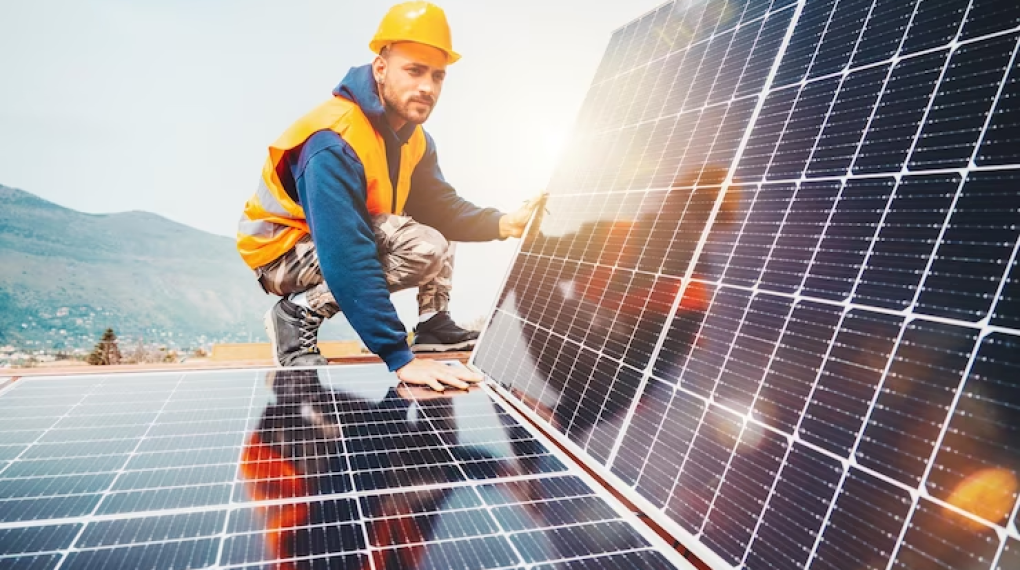
In closing, ask the right questions when hiring a solar panel installer. These questions will help ensure your installation is completed safely, efficiently, and to your satisfaction. Ask your installer today to guarantee your solar panel installation is a success!
It could be the first step in a cleaner, greener future for your home. Keep reading our blog for more tips and tricks when improving your home.
Read Also:




